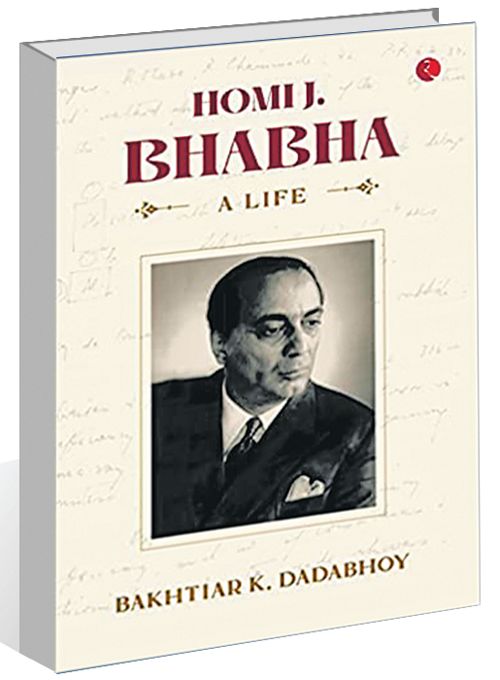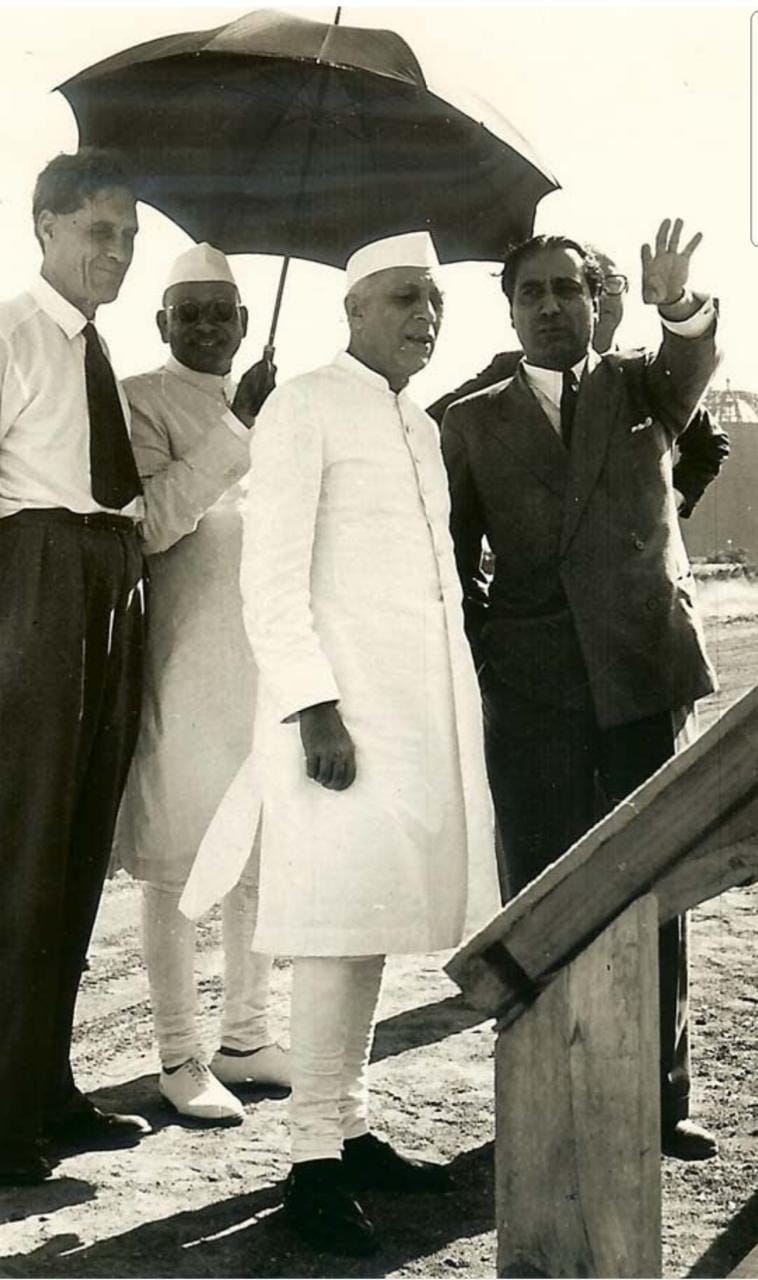The focus of Christopher Nolan’s latest film is Robert J Oppenheimer, an esteemed American physicist often revered as the ‘father of the atomic bomb.’ As the movie gains traction, public curiosity about the scientist’s life is rekindled.
Full Story
A newly published book by Bakhtiyar K Dadabhoy sheds light on an intriguing revelation: Oppenheimer was allegedly offered an invitation to immigrate and settle in India. This revelation emerged from Dadabhoy’s extensive 723-page biography of Homi Jehangir Bhabha, which hit the shelves in April of this year, sparking further interest in the intertwining lives of these eminent figures.

Source: Twitter
The biography ‘Homi J Bhabha: A Life’ delves into the amicable bond shared between Mr. Oppenheimer and Mr. Bhabha. It is likely that their paths crossed after the conclusion of the war, leading to a strong and genuine friendship. Oppenheimer’s knowledge extended to Sanskrit, and he was also well-versed in Latin and Greek, highlighting the intellectual camaraderie between these distinguished individuals, as described by Mr. Dadabhoy in the book.

Source: Tribune India
Following the deployment of the atomic bomb he helped create in Hiroshima and Nagasaki during the Second World War, Mr. Oppenheimer was profoundly affected, as reported by the BBC. During the development process, he attempted to ease his colleagues’ ethical reservations about building such a formidable weapon, asserting that they were merely fulfilling their professional duties and were not accountable for determining its use.
After the atomic bombings, Mr. Oppenheimer underwent a notable transformation and actively opposed the progression of additional weapons, particularly the hydrogen bombs, for which his earlier work had paved the path. However, his newfound position drew the attention of the US government, leading to an investigation in 1954 that ultimately resulted in the revocation of his security clearance. Consequently, he was barred from participating in policy decisions, as reported by the BBC.

Source: Twitter
Amidst these circumstances, there were allegations suggesting that Mr. Oppenheimer and his wife Katherine had connections to communism. It is against this backdrop that an intriguing offer of Indian citizenship was extended to Oppenheimer by then Prime Minister Jawaharlal Nehru, urged by Mr. Bhabha, as mentioned in the book. Shedding light on the matter, Mr. Dadabhoy emphasized that when Oppenheimer faced the loss of his security clearance in 1954, it was likely due to Bhabha’s intervention that Nehru extended multiple invitations for him to visit India and even consider immigration if he so desired.

Source: India Today
According to the Times of India, despite the offer, the physicist, Mr. Oppenheimer, decided to decline it. He believed that it would be inappropriate for him to leave the United States until he had been completely exonerated of all charges against him. He expressed concerns that seeking permission to leave might not only be denied, but could also heightened suspicions surrounding him, as quoted from Mr. Dadabhoy’s book.
Also Read
Oppenheimer: Fans Rage As The Movie Shows Bhagvad Geeta During A Sex Scene



















































































